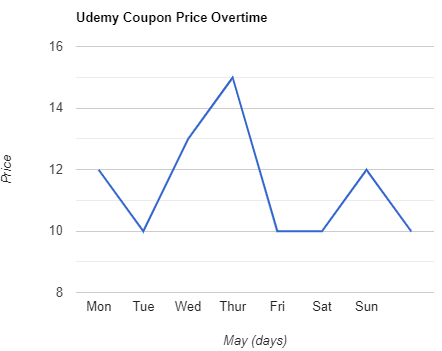 Quality Score
Quality Score
Content Quality
/
Video Quality
/
Qualified Instructor
/
Course Pace
/
Course Depth & Coverage
/
Overall Score : 94 / 100
 Live Chat with CourseDuck's Co-Founder for Help
Live Chat with CourseDuck's Co-Founder for Help
Need help deciding on a game design course? Or looking for more detail on Neal Abrams's Solar Energy Basics? Feel free to chat below.
Join CourseDuck's Online Learning Discord Community
 Course Description
Course Description
This course gives you an introduction to the fundamentals of solar power as it applies to solar panel system installations. You will learn to compare solar energy to other energy resources and explain how solar panels, or photovoltaics (PV for short), convert sunlight to electricity. You will be able to identify the key components needed in a basic photovoltaic (solar panel) system, such as is found on a house or building, and explain the function of each component in the system. You will also learn how to calculate the electrical demand of a building, how to reduce the overall demand, and then how to design a solar panel system that can meet that annual demand at a given location. You will also compare the different types of pricing models that are being used and key regulatory considerations for grid tied systems (where a house or building is connected to the electrical grid and also generates electricity from solar panels). A capstone design project that entails both the simple audit of a building to determine demand, and a selection of components to design a solar panel system to meet that demand. This course is part of the Solar Power Installation Specialization. It provides a good overview of system components and functions, but uses some simplified assumptions. The other two topical courses in this specialization entail a more advanced coverage of site assessment, factors impacting efficiency, and the sizing, design, and integration of photovoltaic systems. The specialization concludes with a capstone project course of a full site evaluation, photovoltaic system design, and installation plan. The specialization is modeled after an on campus workshop that has been running on the ESF campus for many years, and can serve as an important step for those who are interested in working the solar power field for the certification process to become a Certified PV Installation Professional, or PV Technical Sales through the North American Board of Certified Energy Practitioners (NABCEP).






